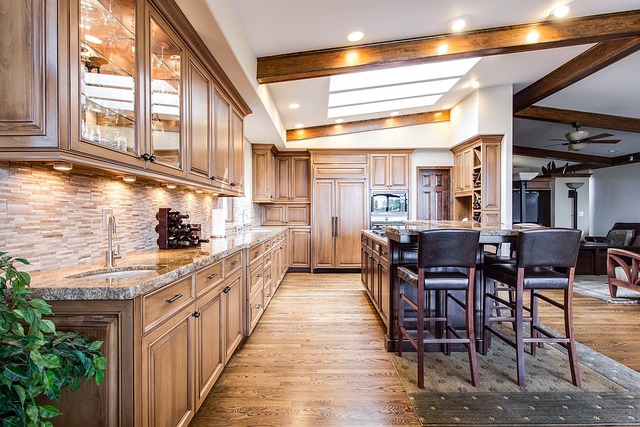Hardwood floors are a classic choice for homeowners, adding beauty and value to any space. But to truly appreciate their elegance, you need a professional hardwood flooring installation. Let’s explore the benefits of hiring experts and the different types of hardwood floor installations.
Why Hire a Professional Hardwood Installer?
While it might seem tempting to tackle a hardwood floor installation yourself, hiring a professional offers several advantages. For one, experienced installers have the necessary skills and tools to ensure the hardwood flooring installation is done correctly and efficiently. They can also help with selecting the right type of wood and finish to suit your home’s decor.
Additionally, professionals are aware of local building codes and can guarantee that the work meets safety standards, ultimately saving you time and potential stress.
- Expertise and Skill: Professional installers have the knowledge and experience to handle intricate tasks like measuring, cutting, and fitting floorboards perfectly.
- Quality Workmanship: Experts ensure a flawless installation, minimizing gaps, unevenness, and other imperfections that compromise the floor’s appearance and durability.
- Efficiency: Professionals work efficiently, minimizing disruption to your home and completing the project on time.
- Warranty and Insurance: Reputable installers often offer warranties on their work, providing peace of mind in case of issues.
- Access to High-Quality Materials: Professionals have connections to reliable suppliers, ensuring you get the best quality hardwood for your project.
3 Types of Hardwood Floor Installations
The type of installation you choose for your hardwood flooring is very important. It depends on the specific kind of hardwood you have. Different hardwoods may require different methods, whether it’s nail-down, glue-down, or floating installation. Each method has its own advantages and fits various spaces and styles. Here are the most common types:
1. Nail-Down Installation:
- Suitable for: Solid hardwood flooring
- Process: Floorboards are nailed directly to the subfloor, providing a secure and durable installation.
- Benefits: Cost-effective and ideal for areas with moderate moisture levels.
2. Glue-Down Installation:
- Suitable for: Engineered hardwood flooring
- Process: Floorboards are glued to a plywood subfloor, creating a tight bond.
- Benefits: Suitable for areas with higher moisture levels, such as basements.
3. Floating Floor Installation:
- Suitable for: Engineered hardwood flooring
- Process: Floorboards are installed over a layer of underlayment, without being nailed or glued to the subfloor.
- Benefits: Quick and easy installation, ideal for DIY enthusiasts.
Choosing the Right Installer:
When selecting a hardwood floor installer, consider the following factors:
- Experience: Look for a company with a proven track record and experience in various installation techniques.
- Reputation: Check online reviews and ask for references from past clients.
- Licensing and Insurance: Ensure the installer is licensed and insured to protect your interests.
- Communication: A good installer will communicate effectively, keeping you informed throughout the process.
- Pricing: Get multiple quotes to compare prices and services.
By hiring a skilled professional and choosing the appropriate installation method, you can enjoy the beauty and durability of your hardwood floors for years to come.

